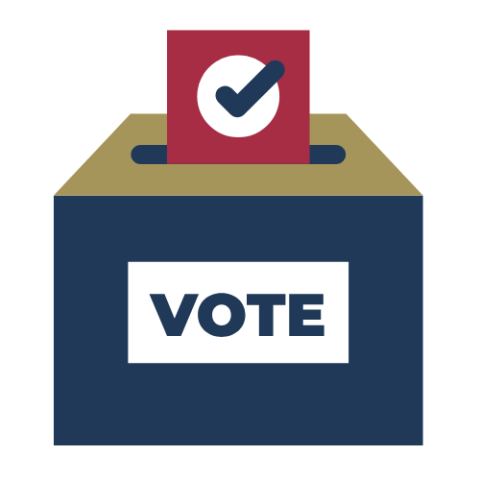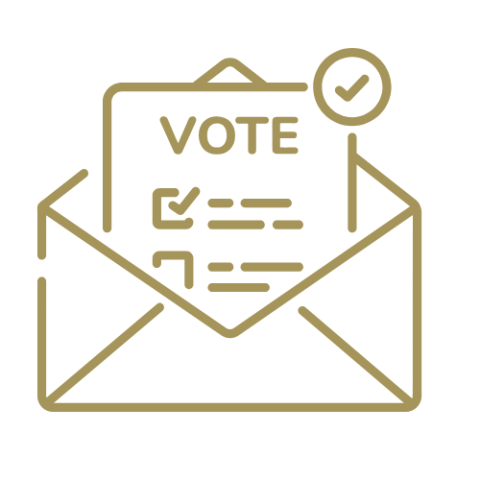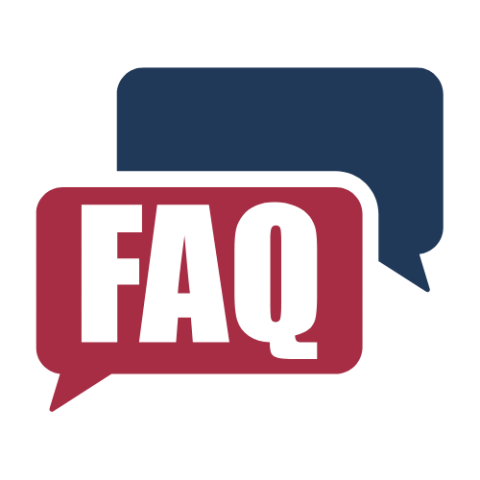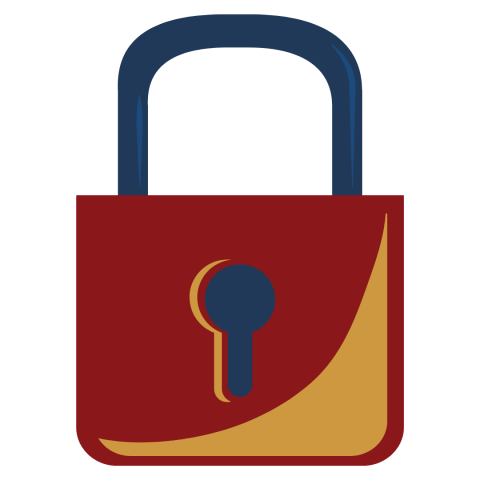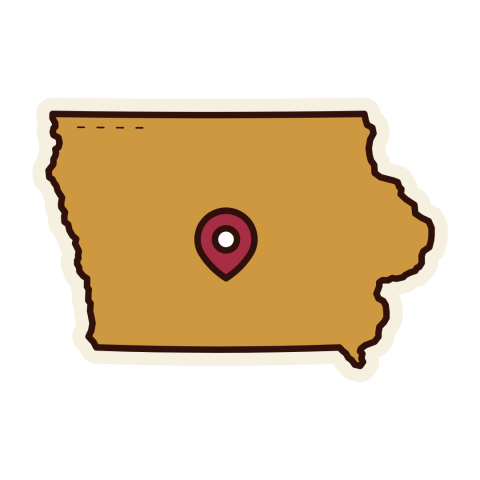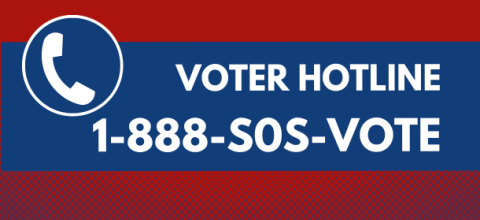The Office of the Iowa Secretary of State coordinates and supervises elections throughout Iowa. Acting as the State Commissioner of elections, this office supervises the 99 Iowa County Auditors in the administration of our election laws and administrative rules.
Candidates for all statewide, federal, legislative, and certain judicial offices will file their nomination petitions with this office.
Find information about voting, absentee voting, registration, UOCAVA, filing as a candidate, and much more here on our website.
What can we help you with?
Am I Registered to Vote?
Find My Precinct/Polling Place
Voter Registration
Election Day
Absentee Voting
Elections Accessibility
Voting as a College Student
Candidates
Elections and Voting FAQ's
Find all of the most frequently asked questions about elections and voting here!
Schools and Cities
National Voter Registration Act
National Voter Registration Act
Military and Overseas Civilian Voters
County Auditor List
Voter Hotline
Greetings Fellow Iowans:
Voter Registration Commission
Pursuant to Iowa Code 47.8, the Voter Registration Commission is responsible for the preservation, maintenan
General Questions
Who is my county auditor?
Select the County Auditor List (above) on the Elections & Voting main page.
How can I confirm/update my voter registration?
You can fill out a new voter registration form and mail it to your county auditor and they will update your registration.
Was my absentee ballot received?
Use our Absentee Ballot Tracker under the Elections tab at the top of the page to track your ballot!
Do I need to bring my ID with me to vote?
Yes. Find this and more Voter ID FAQ's in the Elections & Voting FAQ page listed above.





